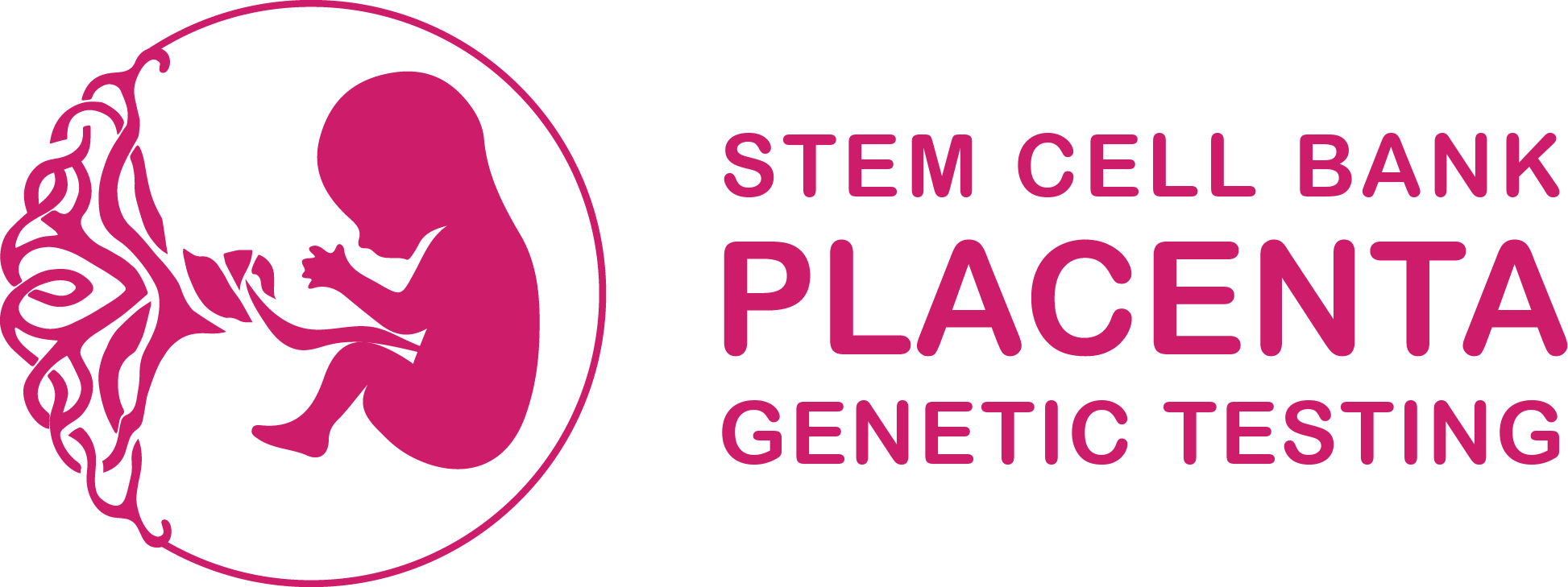FamiBlog
Obesity during pregnancy
Obesity is a disease that affects an increasingly large part of the population. Even pregnant women are not spared. Both before and during pregnancy, obesity can lead to complications.

27 June 2023
Obesity before pregnancy
Obesity is a serious disease with dangerous health consequences. It plays an important role in trying to get pregnant. If you are obese (BMI >35), you have a lower chance of getting pregnant. Recommendations include reducing weight before pregnancy and a healthy lifestyle, including regular physical activity. Pre-pregnancy obesity is often associated with various endocrine disorders such as hypothyroidism, Cushing's syndrome or polycystic ovary syndrome (PCOS). In this situation, it is necessary to stabilise the disease process before becoming pregnant. An oral glucose load test (OGTT) is also recommended to rule out the presence of diabetes before trying.
Obesity during pregnancy - complications
If an obese woman manages to get pregnant, other complications can arise during these nine months. These include:
- Miscarriages and premature births
- High blood pressure
- Diabetes
- Foetal macrosomia
- Thromboembolic complications
- Birth defects in the child
For this reason, expectant mothers with a high BMI should receive special care to reduce the risk of complications and to provide appropriate treatment if complications do occur. It is recommended that they give birth in a tertiary care centre. Overweight women have a higher risk of abnormal foetal growth - both in the case of overweight (LGA) and underweight (SGA).
Obesity during pregnancy - Nutrition
For women with obesity, it is extremely important to maintain a healthy and balanced diet. According to CDC recommendations, expectant mothers with a pre-pregnancy BMI of more than 29 should not gain more than 7 kilograms in nine months. Often obese women reduce their weight during pregnancy to reduce the risk of possible complications. In addition to gynaecological care, obese patients should also be seen by a dietician and, in the case of other complications such as high blood pressure or diabetes, by a cardiologist or diabetologist before pregnancy. Holistic care in such a situation can ensure that the pregnancy "goes" optimally for the development of the child.
Obesity during pregnancy, childbirth and the puerperium
Obese women should give birth in hospitals that have a high referral rate. The reason for this is the difficulties that can occur during birth regardless of the birth route. With a high weight and a natural birth there is an increased risk of shoulder dystocia, and with a caesarean section there may be difficulties with anaesthesia. There is also a higher risk of perinatal haemorrhage. During the puerperium, special attention should be paid to thromboembolic complications in overweight women. To avoid these, prophylaxis in the form of heparins or stockings is used. Rapid mobilisation after delivery is also important.
Sie interessieren sich auch für:
Intimate infections during pregnancy
Many expectant mothers struggle with the annoying symptoms of intimate infections during...
Sore throat during pregnancy
A sore throat is a relatively common condition that also affects pregnant women. However, not all...
Eating raw meat during pregnancy
During pregnancy, the expectant mother has many desires. But not all of them can be freely...
Stem cells and cord blood
Bone marrow was the primary source of stem cells (bone marrow transplantation involves...































